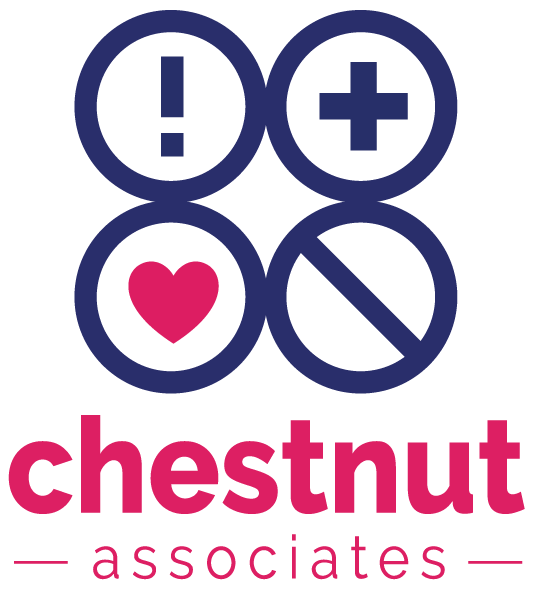It seems to be on the increase.
Substance abuse includes alcohol and/or drugs. In any industry drink/drugs and work don’t mix; both impact on brain function reducing levels of awareness and alertness and slowing down reaction times.
Some drugs will suppress appetite while others may cause rapid weight gain. If you notice that someone’s weight has changed without explanation, it could mean that they have begun to regularly use addictive substances.
People who inject drugs will have marks or small wounds, usually on their arms. These may also appear on the legs, hands, or sometimes even feet. These marks may become infected depending on the cleanliness of the needles used. Scarring may occur through repeated injection at the same spot.
When drug use becomes a priority in someone’s life, hygiene and outward appearance may become less and less important. Some may forget they haven’t taken care of themselves because of the mental effects of their drug use. Others simply stop caring as their time is consumed by the high and then getting more of their drug so they can get high again.
If someone is experiencing withdrawal or overdose symptoms, there is a good chance that they may be struggling with addiction. Seeking medical attention is critical in these situations, even if you are unsure of what they’ve taken or if they’re even using drugs. Knowing what withdrawal symptoms and overdose symptoms look like may save someone’s life.
Increased drug abuse can lead to anxiety or paranoia, especially if the drug has left their system and they are experiencing withdrawal.
Some drugs, like alcohol, marijuana, crack, or meth, have distinct smells that individuals may try to cover up. Repeated and constant use will be hard to disguise. You may notice those smells on their clothes, in their car or bedroom, or on their breath or skin.
If you find smoking devices, needles, oil vaporizers, or stashes of different devices needed for drug use, you may want to discuss with them as to what those items are and why they have them.
Some drugs have very strong smells. You may notice this person spraying areas such as their room or car, wearing very strong cologne or perfume, or even burning candles and incense to cover it. This is concerning especially if this is a new behaviour.
People often use drugs to change the way they feel, whether to increase pleasure or calm anxiety. If you notice that someone has a drastic change in their usual mood, either they are extremely euphoric or drowsy, it could indicate drug use.
Over time, drug use alters the chemical and functional structures of the brain. This can result in personality changes. Addiction and the intense need for a drug may cause someone who is normally very docile to become agitated and aggressive. Also, stimulant drugs may cause a normally depressed person to appear very energetic or even manic.
Most people are not going to be very public about their drug use, especially if it’s to an illegal substance. You may notice that they are lying about where they are or who they’re with. Maybe their story keeps changing, and they can never seem to be honest about what they’ve been up to. They may try to sneak in or out of the house, try to hide their drugs in their room or car, and they may spend more time alone in their room with the door locked. They may also choose to spend more time than usual away from home to hide their use.
Because of the ups and downs involved with drug abuse, you may notice that this person is showing more depressive side effects, especially when they’re coming down from a high. They may choose to sleep all the time or not want to do anything that requires them to be out of reach of their drug. They may be depressed when they are not high or start to look at themselves negatively.
Though the drugs themselves may cause a change in mood, they may also display signs of irritability or agitation when they do not have the drug in their system or if they’re running out of ways to get that drug. They may become moody and not want to talk to you or anyone that may notice changes due to drug use.
Some drugs may cause impaired memory, inability to focus, or loss of time due to blackouts. These often lead individuals to become forgetful. The fact that drug use can often become a top priority may also cause them to lose interest in any other responsibilities. They may forget about plans or things they were supposed to do. Though being forgetful is not an immediate cause for concern, if you notice that they are suddenly neglecting their responsibilities, forgetting about commitments, or you notice they appear to be spaced out and non-communicative, you may want to pay attention to the other signs.
Most people struggling with addiction are going to have some form of financial problems considering most, if not all, of their money is supporting their habit. They might have also lost their job due to a lack of productivity. They may show signs of an increased need for money with little explanation as to why. They may either borrow or steal to pay for their drug use.
They may become defensive when asked about where they’ve been, what they’ve been doing, or who they’ve been hanging out with. They may especially become defensive if you ask them about drugs or addiction.
When someone is sliding into addiction, they tend to hang out with people who also use their drug of choice, or use any kind of substance for that matter. Someone may begin to distance themselves from their old friends or loved ones that may try to get them to stop.
If they have a job or career, you may also notice declining performance in the professional aspects as drug use becomes the number one priority. They may no longer be able to focus. There may also be no drive to complete work or perform how they once did, especially if work-related stress is what led to substance abuse in the first place.
In order to get high or to hide their drug abuse, people may miss work but have no good excuse as to why. They may have even told you that they were still going to work.
Drug use can cause depression or isolation because your loved one doesn’t want anyone to know about their use. They may feel some shame or guilt. The drug may be causing chemical changes to their brain that makes them anxious or reduces their ability to enjoy things that they used to like.
Many people struggling with addiction cannot support healthy relationships because their priority is drug use. They may miss important events to get high. They may be deceitful and behave in suspicious ways. They often let drug use get in the way of their relationships with friends, family members, and romantic partners.
Many people struggling with an addiction have some interaction with the law at some point in their life. This may be because they got caught in possession of a drug, they were selling it, or they may drive while intoxicated and hurt someone.



